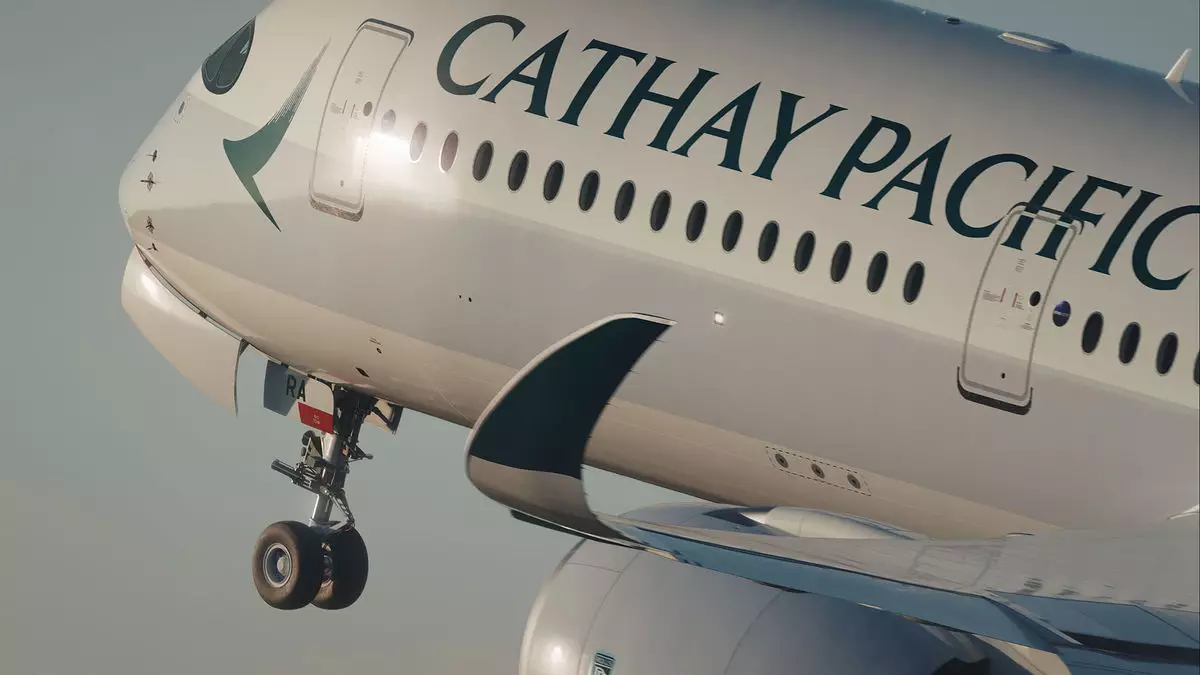Recently, Europe’s aviation safety regulator, the European Aviation Safety Agency (EASA), made an announcement regarding the requirement for airlines to conduct a one-time fleet inspection of fuel hoses on certain Airbus A350 aircraft. This decision came in the wake of an in-flight engine fire that occurred on a Cathay Pacific flight, powered by a Rolls Royce Trent XWB engine. The incident raised concerns about the safety and maintenance of these aircrafts, leading to a series of inspections and replacements on affected planes.
Actions Taken
Cathay Pacific responded to the engine fire incident by inspecting engines on all 48 of its A350 planes, ultimately finding 15 that required replacement of engine fuel lines. This extensive process resulted in the cancellation of 90 flights scheduled between September 2 and September 7. The airline faced a significant challenge in managing the situation, as this particular engine-component failure had not occurred before on any A350 aircraft globally.
Following Cathay Pacific’s inspections and replacements, other Asian carriers like Singapore Airlines and Japan Airlines have taken precautionary actions. Singapore Airlines is inspecting its fleet of 64 Airbus A350s, powered by a different Trent XWB variant. Japan Airlines, on the other hand, found no defects during inspections on its A350-1000s and is continuing inspections on its A350-900s. Meanwhile, Delta, the only U.S. operator of the A350, with a fleet of 30 A350-900s, has not been required to conduct inspections by the Federal Aviation Administration (FAA) due to the engine variant used in their planes.
Rolls-Royce, the manufacturer of the Trent XWB engines, has expressed its commitment to supporting airlines and regulatory authorities in their efforts to ensure the safety and reliability of the A350 aircraft. EASA’s directive for fleet inspections applies specifically to A350-1000s powered by the XWB-97 engine, affecting 86 planes globally. The inspections are to be completed within the next three to 30 days, depending on each individual engine’s history.
The recent incident involving an engine fire on a Cathay Pacific A350 has highlighted the importance of proactive fleet inspections for ensuring the safety and airworthiness of Airbus A350 aircraft. The collaborative efforts between airlines, manufacturers, and regulatory authorities are crucial in maintaining high standards of safety and reliability in the aviation industry. Regular inspections and prompt actions in response to potential issues are essential for preventing accidents and ensuring passenger and crew safety.


Leave a Reply